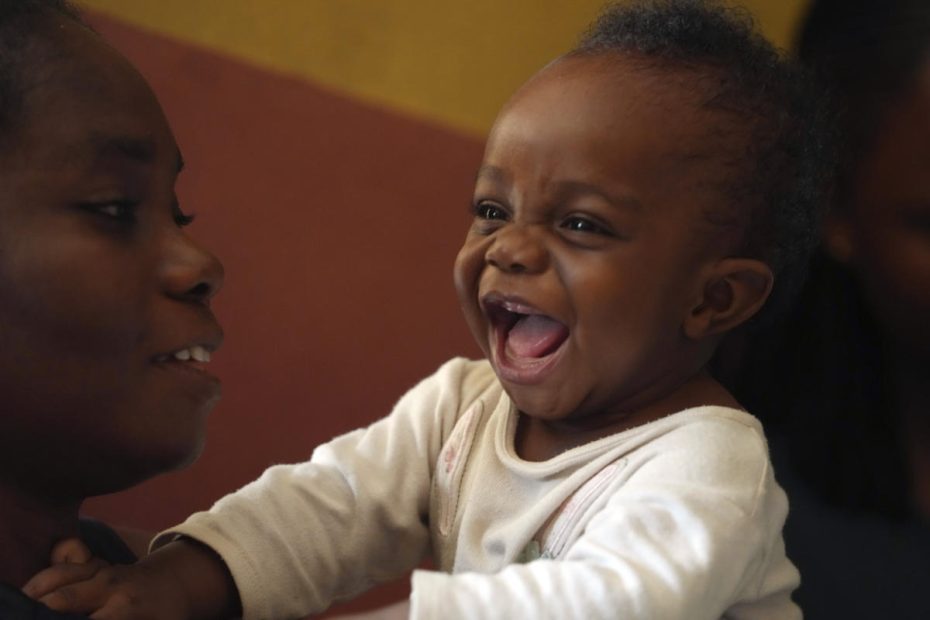BAYELSA, Nigeria (AP) — Ominike Marvis has lost count of the number of times her 6-year-old son has had malaria. So when Nigeria started offering a malaria vaccine, she was eager to protect her youngest child.
She took the six-month-old baby for his first shot at a health center in hard-hit Bayelsa state, where the country's vaccination campaign kicked off last week. The vaccine aims to prevent serious illness and deaths from the mosquito-borne disease.
“At least I know he's safe now,” Marvis, 31, said.
Trusted news and daily treats, straight to your inbox
See for yourself: The Yodel is the source for daily news, entertainment and feel-good stories.
Africa is responsible for the vast majority of malaria cases in the world. Nigeria, the continent's most populous country, bears the brunt with about a quarter of the cases.
There were an estimated 263 million cases of malaria and 597,000 deaths worldwide last year, mostly in children under five, according to a World Health Organization report released on Wednesday. That is 11 million more malaria cases compared to 2022, with almost the same number of deaths.
“No one should die from malaria, and yet the disease continues to disproportionately harm people in the African region, especially young children and pregnant women,” said WHO Director Tedros Adhanom Ghebreyesus, calling for more support.
There are now seventeen countries that are giving new malaria vaccines to young children, the WHO report said. Nigeria began its campaign last week, offering a vaccine developed by the University of Oxford.
Research shows it is more than 75% effective at preventing serious illness and death in the first year, and protection is extended for at least another year with a booster.
Nigeria's Health Minister Muhammad Ali Pate called the vaccination campaign a “monumental step” in the country's efforts to eradicate malaria.
The disease is caused by a parasite spread through mosquito bites. Experts say other measures, such as mosquito nets and insecticide spraying, remain essential to curb the disease.
Experts say Nigeria's population of more than 210 million people, as well as its climate, contribute to the high burden of malaria, but so do other factors such as poor sanitation and limited resources such as treated mosquito nets.
In addition to the lack of funding, WHO says countries with malaria still struggle with fragile healthcare systems, weak surveillance and resistance to drugs and insecticides.
But progress has also been made on several fronts, the report said, including in the African region where countries have achieved a 16% reduction in malaria deaths since 2015. And in 83 countries where malaria occurs, 25 of them now report fewer than 10 cases. cases per year, the report said.
In the oil-rich but poor Bayelsa state, one of Nigeria's hardest-hit states, malaria is so common in riverine communities that mothers reported no one in their family has been spared.
“Here, malaria is something we are used to,” said Claris Okah, a community health worker.
One of the challenges healthcare workers like Okah face is hesitancy among parents. That is why they inform families about the new vaccine and other steps to prevent malaria.
“The vaccine is a good thing,” Okah said.
___
Asadu reported from Abuja, Nigeria.
___
The Associated Press receives funding for global coverage of health care and development in Africa from the Gates Foundation. The AP is solely responsible for all content. Find AP's Standards for Working with Charities, a list of supporters, and funded coverage areas at AP.org.

